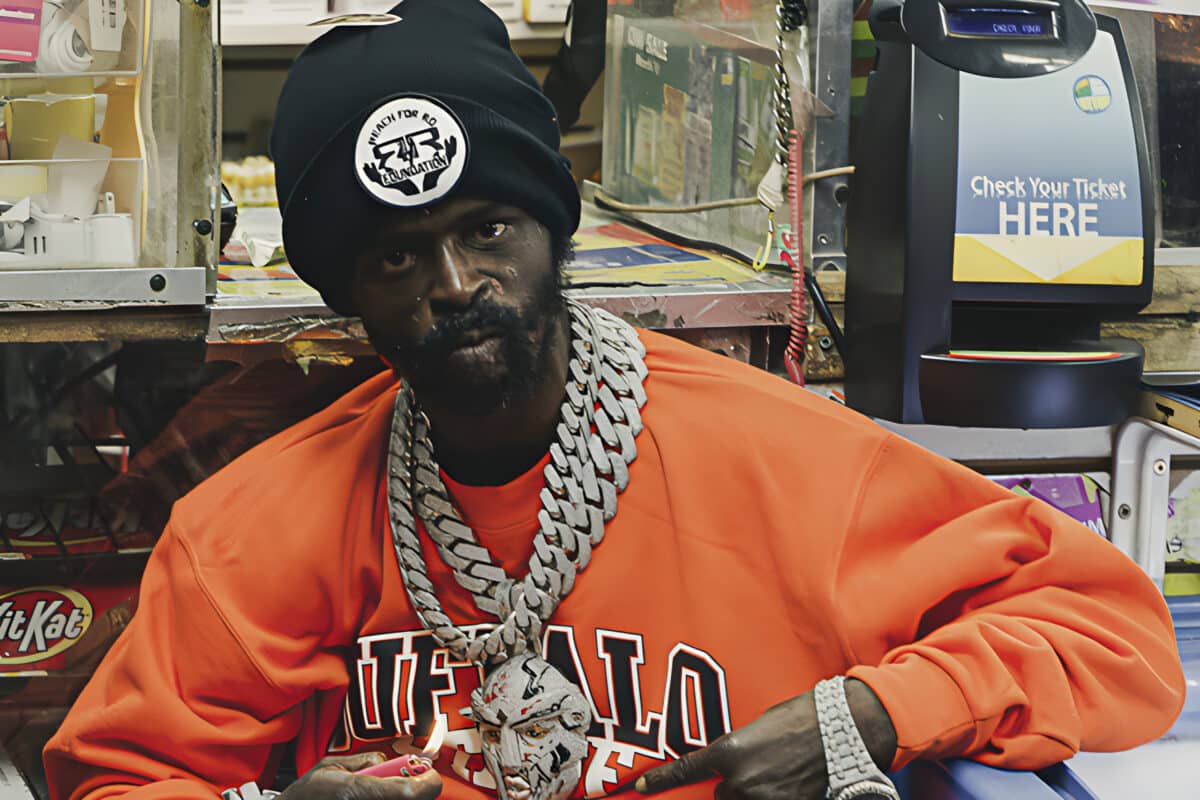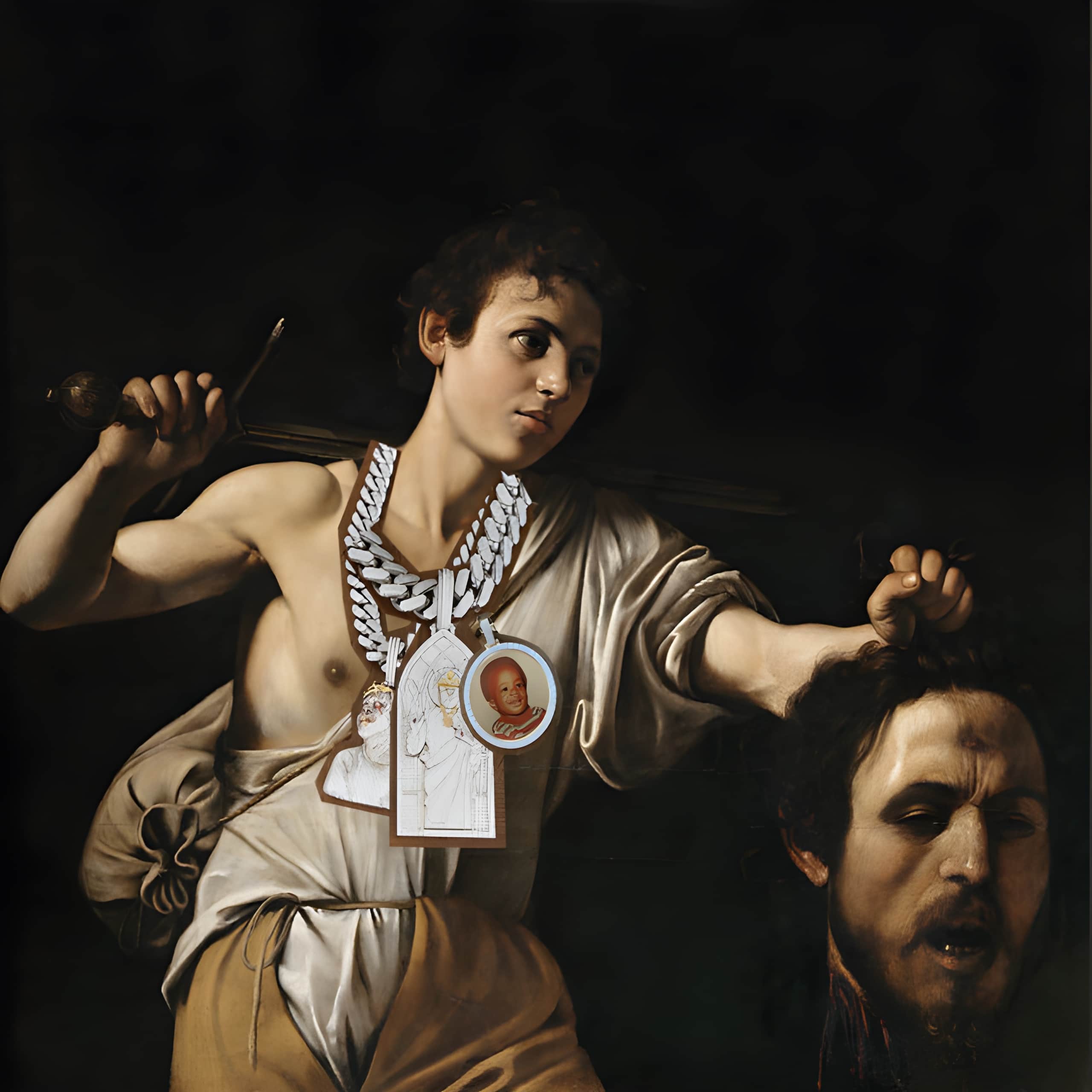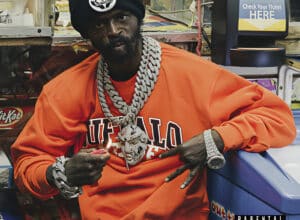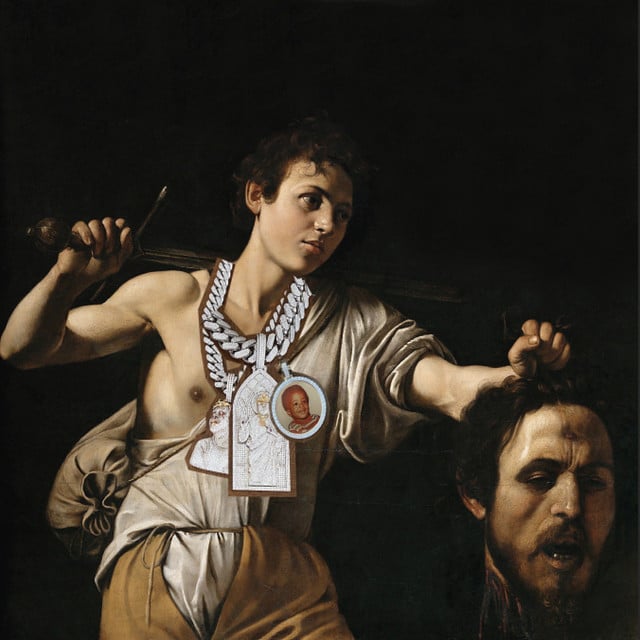Released: 2022
Westside Gunn’s track “Peppas,” featuring the iconic hip-hop duo Black Star, takes listeners on a raw, unfiltered journey through themes of power, survival, and societal observations. Through a blend of braggadocio, vivid imagery, and social commentary, the artists dissect the complexities of their experiences while critiquing the environment around them. The lyrics seamlessly blend past and present, luxury and struggle, while challenging both personal and systemic structures.
The song kicks off with a playful nod to a confrontation with the line “Don’t take this ass whippin’ personally,” setting a combative yet charismatic tone. The repeated phrase “Conductor, we have a problem” suggests disruption or conflict, as if an orchestra is suddenly facing an unexpected hurdle, reinforcing the tension within the narrative.
Mos Def, also known as Yasiin Bey, part of Black Star, opens with dense metaphors that intertwine cultural references and wordplay. The mention of “Inkwell elegant” and “Ivan the Terrible” portrays his artistic prowess and the gravitas he carries. Bey speaks to resilience in the face of challenges with a callout to historical power structures.
Talib Kweli, the other half of Black Star, continues with social critique. “Cartier tank top, blow the central bank up” indicates rebellion against economic oppression, challenging notions of wealth and power. By invoking “La Costra Nostra” and referring to industry insiders as vultures, Kweli denounces cultural exploitation and corporate greed.
In the heart of the track, the chorus encapsulates the sentiment of self-reliance and disdain for the fraudulent systems that attempt to suppress true art. “If it isn’t love, it must be New Edition,” cleverly references the famed R&B group, while simultaneously asserting authenticity over pretense.
The next verses delivered by Westside Gunn immerse listeners into gritty narratives that intertwine luxury and crime, reminiscent of a cinematic thriller. The imagery of “Goyard messenger hanging off the shoulder” juxtaposes material wealth against street realities, highlighting the dual nature of success and the means to achieve it.
Westside Gunn weaves in stories from the past, nodding to “Illmatic,” a classic Nas album, establishing his connection to hip-hop heritage while discussing the cyclical nature of addiction through his “favorite fiend.” The recurring theme of recurrence and relapse portrays a deep understanding of human fragility amidst opulence.
His reference to “Eric got a poncho, blanco” alludes to the drug trade’s omnipresence and the entrepreneurial spirit forced upon those navigating marginalization. With “my shooter sniffin’ coke like Jon Bones,” Gunn doesn’t shy away from portraying the harsh truths of street life.
Imagery and materialism coalesce as Gunn mentions “Desert in a done heel, niggas know what’s brackin’.” This not only illustrates street cred but also taps into his connection to fashion and status symbols that have become synonymous with his brand.
Closing the track, Westside Gunn paints a picture of opulence intertwined with danger, capturing the allure of power and its trappings. The lyrics are not just a reflection of his life but serve as a commentary on the hip-hop industry and society’s structural injustices. As “Flygod,” Gunn confidently owns his space in hip-hop, declaring an independence that resonates with fans worldwide.
In summary, “Peppas” showcases the complex layering of lyrical storytelling that has become a hallmark of Westside Gunn and Black Star. Through skillful allusions and striking visualizations, the track traverses personal introspection and external critique, rooted in a deep-seated love for hip-hop culture. This track isn’t just about individual success, but about navigating a world filled with systemic traps while carving a distinct legacy.








